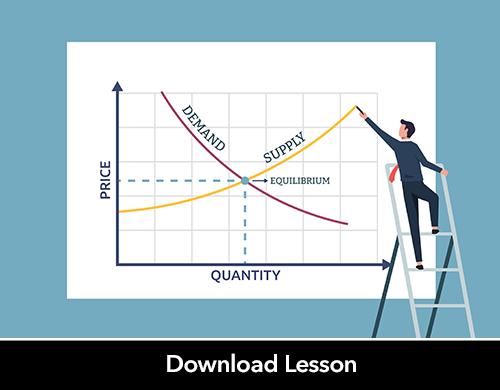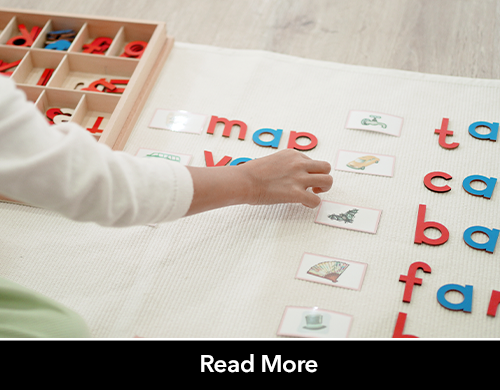Tips for Student-Lead Classes
We’ve heard of Project-Based Learning (PBLs), which allows students to mostly have independent leadership through a task or project and creative freedom to add their personal touches. Student-led classes have a very similar approach in that it’s led mostly by the student leaders elected and they...











.png)